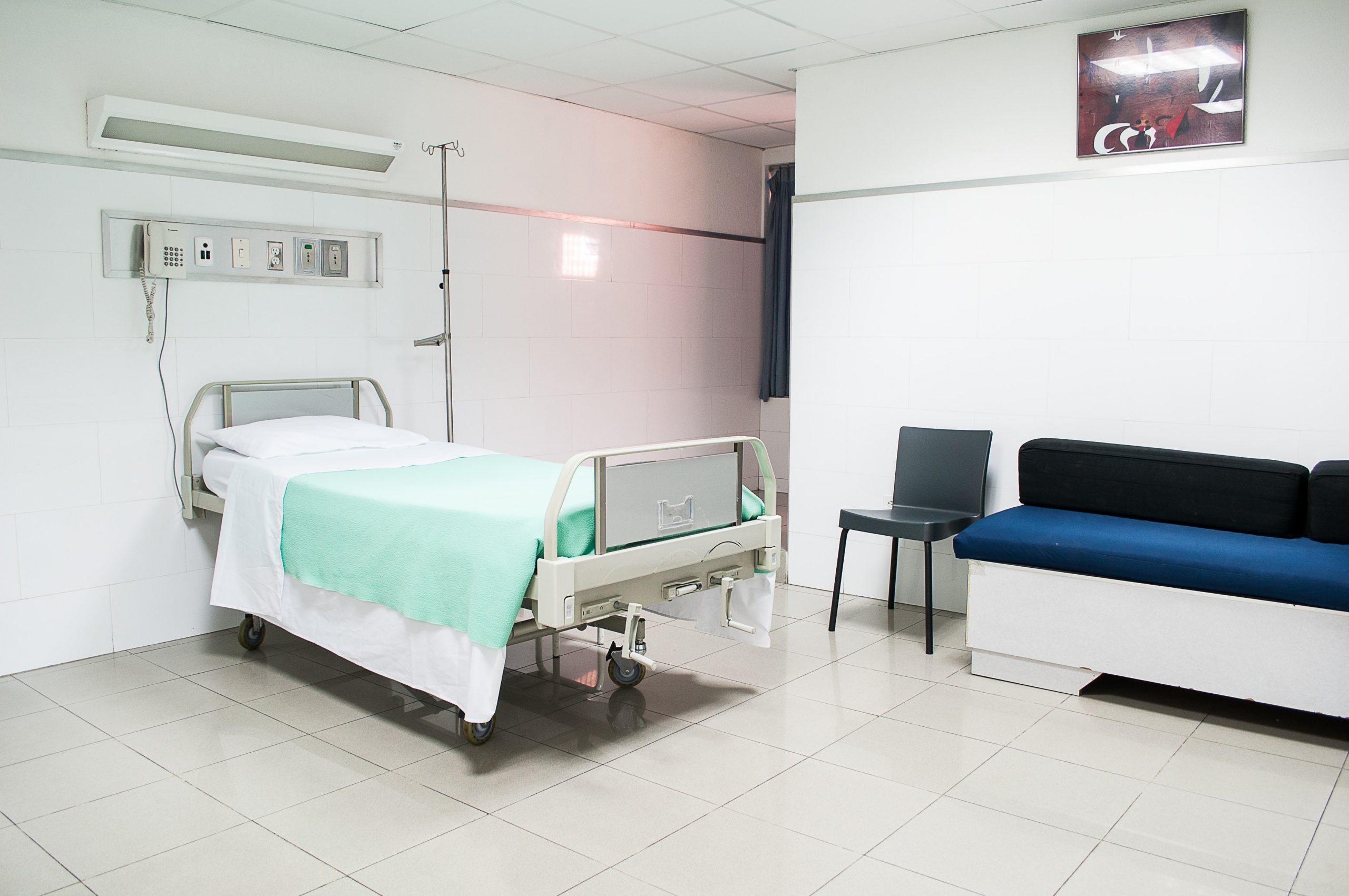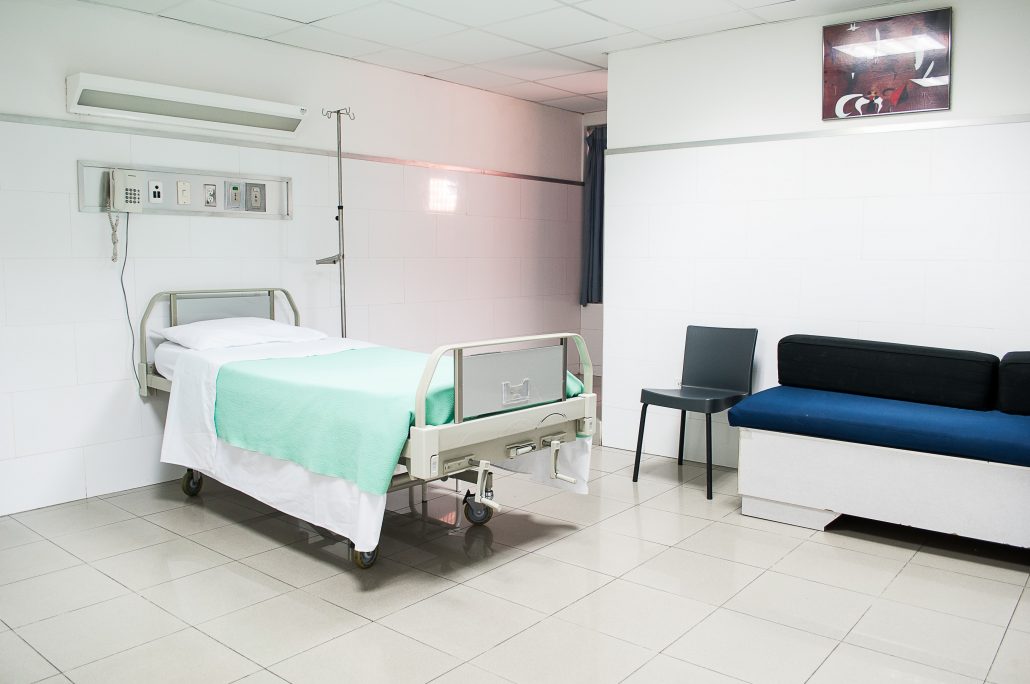The HSE National Cancer Control Programme (NCCP) launched the updated gestational trophoblastic disease (GTD) guideline at the European Organisation for the Treatment of Trophoblastic Disease (EOTTD) 2022 meeting, which took place at University College Cork. Gestational trophoblastic disease (also known as molar pregnancy) happens when abnormal cells develop in the womb instead of a healthy baby.
Speaking at the launch, Dr Eve O’Toole, Head of the Evidence & Quality Hub, NCCP & Co-Chair of the GTD Guideline Development Group explained, “this guideline integrates the best current research evidence with clinical expertise and patient values. It aims to reduce variation in practice and to improve the quality of care delivered to patients.”
“The guideline is intended for all healthcare professionals involved in the diagnosis, staging and treatment of patients with GTD. It is also relevant to those involved in clinical governance, in both primary and secondary care, to help ensure that arrangements are in place to deliver appropriate care for the population covered by this guideline.”
The first version of the GTD guideline was published in 2015 and has now been updated by the NCCP, in collaboration with clinicians, patient representatives, and key stakeholders. The updated guideline is based on the best current research evidence, in conjunction with clinical expertise and patient preference and values. It aims to improve the standard of clinical practice to ensure that women affected by GTD and GTN (gestational trophoblastic neoplasia) are diagnosed promptly and receive the best available care.
Dr John Coulter, Clinical Chair of the GTD Guideline Development Group said, “the launch of the updated guideline ensures a comprehensive review of current diagnostic and management strategies for patients with GTD. It provides doctors and nurses with the necessary information to achieve excellence in care of these patients.”
“GTD is a spectrum of diseases that can occur during or after pregnancy. It is more commonly known as a molar pregnancy. GTD has a varying propensity for local invasion and metastasis. GTD is the most curable of all gynaecologic cancers. The success in treating GTD is due to early disease recognition, chemotherapy regimens, and accurate and reliable assessment of the disease. The previous and current National Cancer Strategies recommended that the NCCP develop guidelines for cancer care to improve the quality of care delivered to patients.”
Following the publication of the 2015 GTD guideline, the National GTD Registry, Monitoring & Advisory Centre was established – the first and only such centre in Ireland based in Cork University Maternity Hospital. The main objective of the National GTD Centre is to register all women with GTD to ensure early detection of malignant change so that appropriate treatment and support can be provided at the earliest possible time.
The establishment of the centre has assisted with the identification of the number of patients with GTD in Ireland. Latest figures from the National GTD Centre indicate that 138 patients were registered in 2021 however this figure is likely to be an underestimation of the incidence of GTD in Ireland. A laboratory study, conducted in 2019, estimated that 42% of women with suspected GTD/GTN were not registered with the National Gestational Trophoblastic Disease Registry, Monitoring & Advisory Centre. This highlights the need to reinforce the importance of registering all patients, with suspected or confirmed GTD, with the national centre going forward.
Catherine Duffy, Programme Manager – Gynaecology, NCCP said, “more than 500 patients have been registered and all treated successfully by the Centre. Also, the centre recently received the HSE Excellence in Quality Care Award (2021). The NCCP congratulates and is very grateful to the Guideline Development Group, which includes patients, for completing this guideline.”
The GTD guideline is available on the NCCP website.
Source: HSE



